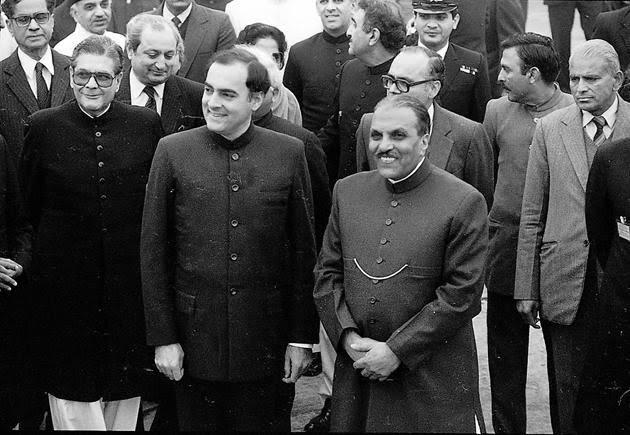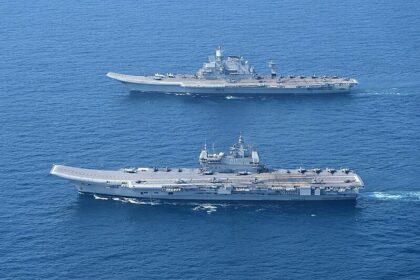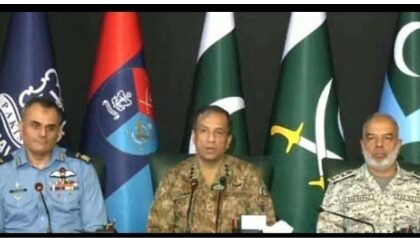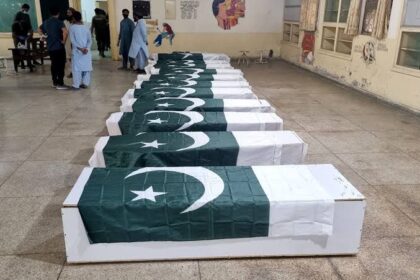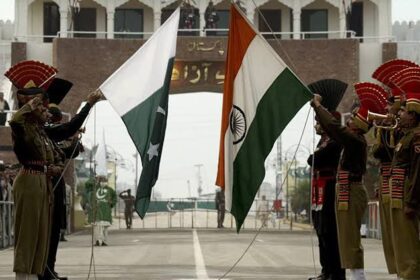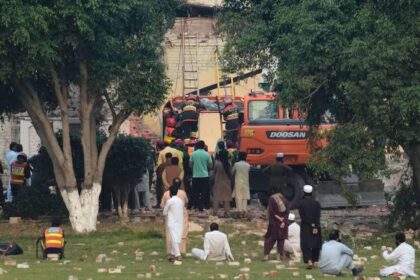It was the serene morning of February 21, 1987, when General Zia-ul-Haq’s plane landed at Delhi Airport to watch the ongoing test match between Pakistan and India. The surprise visit of General Zia-ul-Haq came in the context of the tense situation at the Indo-Pakistani border. The troops of both countries, numbering 350,000, were facing each other with the threat of an accidental war breaking out at any time. General Zia met Indian Prime Minister Rajiv Gandhi to deliver a message that Pakistan was ready to retaliate against any Indian aggression with full might and power. Eventually, sanity prevailed, and both countries agreed to withdraw their forces from the borders. Thus, a potential war was halted due to a pivotal meeting between two state heads during a cricket match.
What is Cricket Diplomacy?
Cricket diplomacy is a term that refers to using cricket as a tool to improve or strengthen relations between cricket-playing nations. Cricket influences the political, social, and economic sectors of these countries. Athletes are worshipped like gods, with die-hard fans numbering in the millions. In fact, they have a fair chance of becoming the Prime Minister of a country, as evidenced by Imran Khan. The region of South Asia has been greatly influenced by this sport and has used cricket as a means of breaking the ice in diplomatic ties.
For example, in 2011, Indian Prime Minister Manmohan Singh invited Pakistani Prime Minister Yousaf Raza Gillani to the World Cup Semi-Final in Mohali, aimed at easing tensions that had been exacerbated since the 2008 Mumbai attacks. Following this, the Pakistani team visited India in 2012, further strengthening relations between the two neighboring countries.
The Global Impact of Cricket
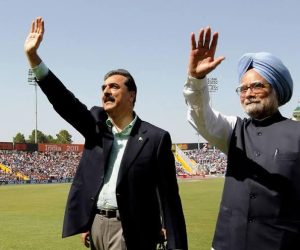
Cricket is the second most followed sport in the world, with a global audience of 2.5 billion spectators. South Asia is home to over 90% of cricket fans worldwide. Governments in South Asia have prioritized cricket to break through strenuous diplomatic relations.
Sri Lanka, for instance, was embroiled in an intense civil war during the 1980s-1990s against the Tamil Tigers. The involvement of India through financial, diplomatic, and military support for the rebels had damaged relations between the two countries. A breakthrough came in the form of the 1996 Cricket World Cup, which was co-hosted by Pakistan, India, and Sri Lanka. The tournament brought the governments of these countries together, and the final was played in Lahore. This was a gesture of peace, goodwill, prosperity, and mutual collaboration to the world.
The Role of Soft Power in Diplomacy
The soft image of a country plays a vital role in its international standing and acceptance. It is based on its culture, values, ethics, and collective outlook. Pakistan is currently facing numerous challenges, such as growing terrorism, inflation, and political instability, all of which have tarnished its soft image. However, Pakistan can use cricket as leverage to improve its soft image in the global order, especially by hosting an ICC event after 29 years.
This is a huge achievement for a country that faced a ban on international cricket for six years after the terrorist attack on the Sri Lankan team in Lahore in 2009. Pakistan cricket has come a long way, despite facing challenges like negative propaganda and political interference aimed at derailing progress. The credit for this success goes to the cricket board, players, fans, government, and law enforcement agencies, who stood firm with their most loved sport: cricket.
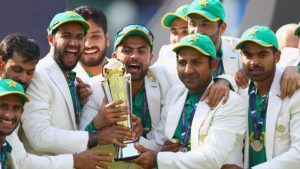
The Potential of the Champions Trophy 2025
A peaceful and smooth hosting of the Champions Trophy in 2025 will help boost international confidence in Pakistan as a safe and peace-loving country. All eyes will be on Pakistan to witness this historic tournament. The Pakistani team will be the defending champions of the Champions Trophy, having clinched the title by defeating their archrivals India by 180 runs at The Oval, England, in 2017.
The Politics of Cricket
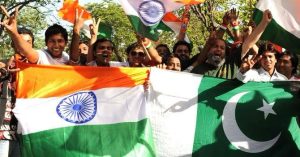
The RSS-led BJP government in India has often used politics to influence sports and harm Pakistan’s soft image. Recently, the Indian team refused to travel to Pakistan, citing security concerns, which highlights a double standard. The Pakistani team, despite security threats, visited India for the 2023 ODI World Cup. The Board of Control for Cricket in India (BCCI) is accused of misusing its influence over the cricket market to serve its political agendas. The International Cricket Council (ICC) should formulate and enforce a strict policy to prevent larger countries from mixing politics into sports.
Steps for Pakistan to Improve Its Cricketing Structure
To harness the power of cricket diplomacy, Pakistan must improve its cricketing structure. The system needs to be built on merit, equal opportunities, and diversification. Players should be given first-class facilities where they can excel to their true potential. The domestic structure must be revamped with better coaches, stadiums, umpires, and salaries. Only then can we expect high-quality players who will serve Pakistan for a long time. The better we perform in cricket, the more international attention we will garner. The success of a country’s cricketing structure is directly linked to its performance and ability to generate revenue.
Conclusion
Pakistan’s reputation must be built on principles of inclusivity and openness, ensuring everyone’s security in life and property. The government needs to invest more, not only in cricket but in other sports as well, to promote a culture




